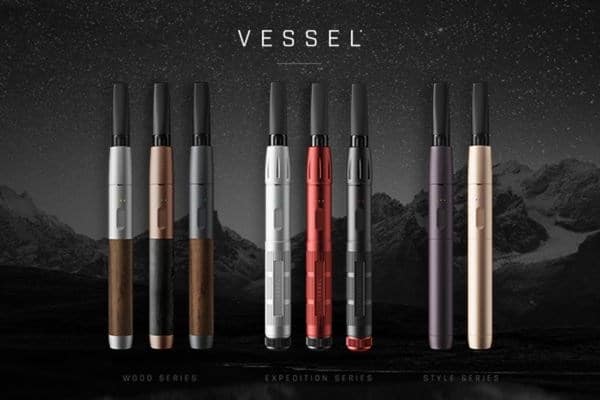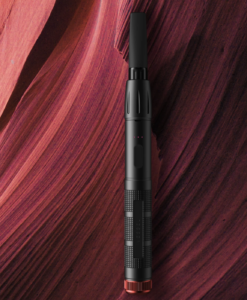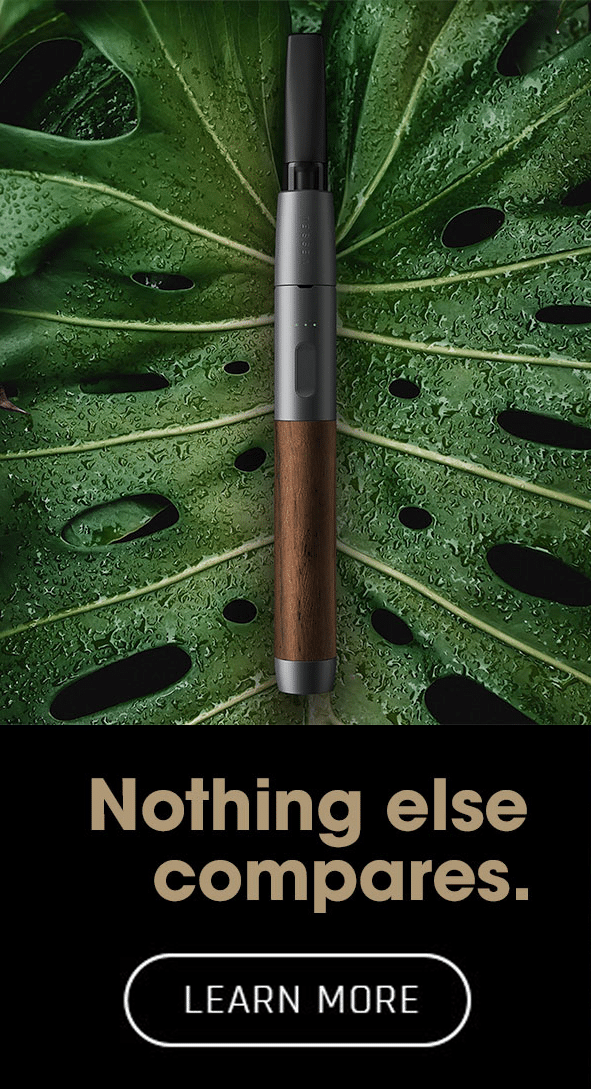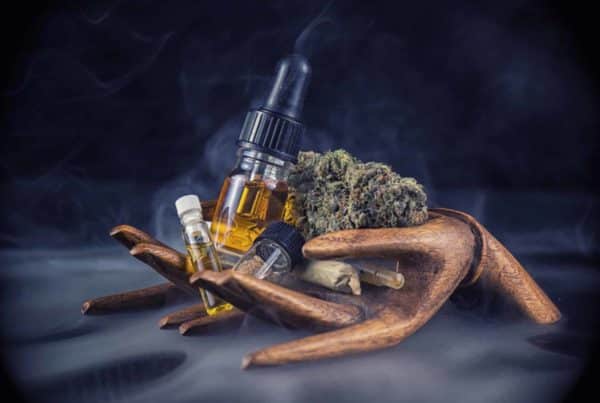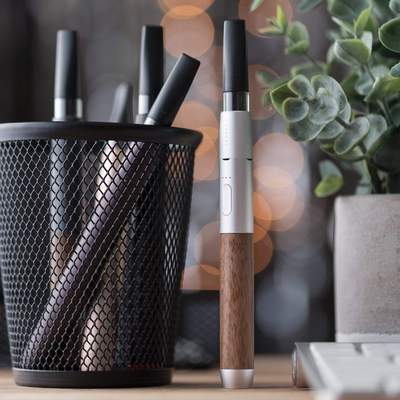In June of 2019, there was a sharp increase in e-cigarette or vaping use-associated lung injury. This is also known as EVALI. Upon the onset of the outbreak, the FDA and CDC launched investigations on popular vape companies. According to a journal published by Biomed Central, they found vaping THC safer than smoking it (Earleywine and Barnwell 2007). Quantum 9, a marijuana consultant firm and a global leader in cannabis consulting, reports on the 2019 crisis.
What Happened During the Vaping Crisis 0f 2019?
Cases of EVALI soared as high school-aged students got their hands on vapes in the summer of 2019. Many cases reported slowly worsening respiratory symptoms. According to the FDA’s investigation (Commissioner, O. O. (n.d.), 2020). It wouldn’t be until later that scientists would find evidence that vaping THC is safer than smoking it.
Some nicotine and marijuana products contain vitamin e acetate. At first, the FDA thought vapes were the issue. However, the FDA determined that 89% of EVALI cases involved vitamin e acetate (Commissioner O.O (n.d., 2020).
The FDA and CDC’s investigations could not determine the true cause of the outbreak (Commissioner, O.O (n.d.), 2020). The number of outbreaks has steadily decreased since last June. Some think this is due to awareness in the industry to avoid using vitamin e acetate in vape products.
As marijuana consultants and global leaders in cannabis consulting, it is important for Quantum 9 to research the health benefits of marijuana products. This is when we learned that studies continue to find evidence that vaping THC is actually safer than smoking it.
Vaping THC Safer Than Smoking Weed?
Some studies say that the most dangerous thing about smoking weed is the smoke itself.
An excerpt from this study reads:
A significant interaction revealed that the impact of a vaporizer was larger as the amount of cannabis used increased. These data suggest that the safety of cannabis can increase with the use of a vaporizer.
Source: Earleywine, Mitch, and Sara Barnwell. “Decreased Respiratory Symptoms in Cannabis Users Who Vaporize.” Harm Reduction Journal 4, no. 1 (April 17, 2007): 11. doi:10.1186/1477-7517-4-11.
Dr. Donald P. Tashkin notes that the same carcinogens may exist in marijuana smoke that does in cigarette smoke–only, at a much smaller percentage. Dr. Tashkin’s UCLA study found that vaporizing the THC rather than allowing it to smoke can reduce damage to lung tissue.
How is vaping THC safer than smoking weed? How does it work?
Vaporizers have the ability to heat marijuana to a temperature that allows for the release of cannabinoids. Cannabinoids are the ingredients of marijuana that relieve pain, prevent anxiety, and of course, produce a high.
The most important thing that vaporizers do is prevent combustion. This is the chemical process that creates smoke and releases trace amounts of possible carcinogens. Vaporizers release cannabinoids into a fine mist rather than thick, puffy smoke that can be filled with possible toxins.
Vaporizers also reduce wasted plant material, saving the weed for actual consumption, not the waste that comes with combustion.
Do You Think Vaping Might Be Right For You?
Marijuana consultants with Quantum 9 are here to help if you’re not sure what’s best for you. If you often smoke using papers or glass, you may want to try a vape pen. Vaping THC may be safer than smoking using other traditional methods. You can learn more about vaporizers and how they work by reading this article. It is very important to do your research about vaping before you begin, and using trusted brands is a must.
This is why Quantum 9, a global leader in cannabis consulting, endorses Vessel – Premium Vape Pens.
Vessel has tons of setup options, sizes, and styles to choose from–and best of all, you get 10% off your first order!
Did you enjoy this post? Check out similar posts below!
CBD Vape Juice: The Top 8 of 2017
What is CBD Oil? Your Ultimate Guide
Vaporizing: Beginning Vaporizer Recommendations
Sources:
- Earleywine, Mitch, and Sara Barnwell. “Decreased Respiratory Symptoms in Cannabis Users Who Vaporize.” Harm Reduction Journal 4, no. 1 (April 17, 2007): 11. doi:10.1186/1477-7517-4-11.
- Commissioner, O. O. (n.d.). Respiratory Illnesses Associated with Use of Vaping Products. Retrieved from https://www.fda.gov/news-events/public-health-focus/lung-injuries-associated-use-vaping-products

